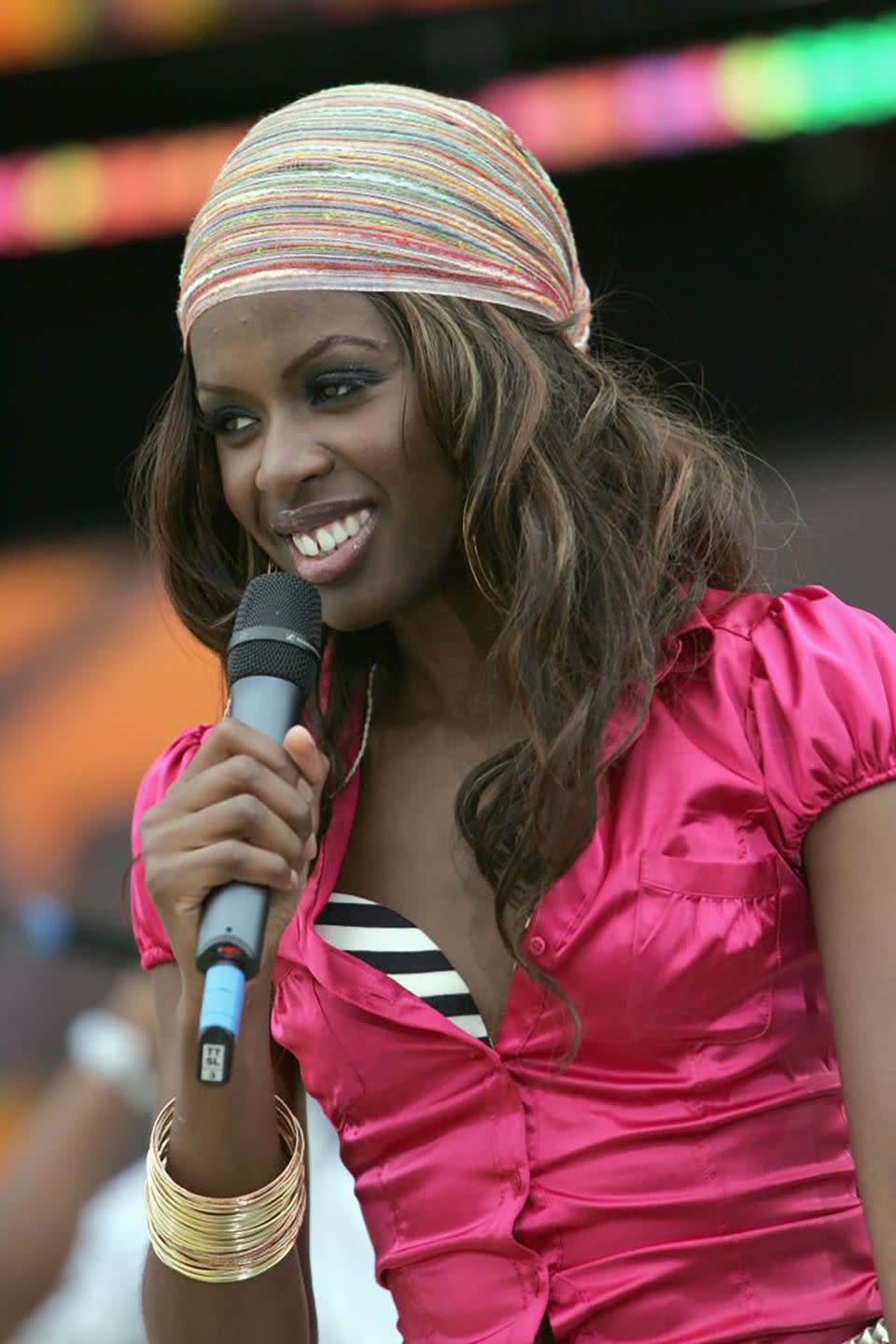June Sarpong recalls getting gaslighted on T4

June Sarpong has spoken out about being gaslighted early on in her career.
If you were a teenager in the 00s, you'll undoubtedly remember Sarpong as one of the prominent faces on Channel 4 show T4, alongside Vernon Kay, Miquita Oliver and Steve Jones.
Since then she's stepped away from presenting to author two books on diversity and representation – Diversify: Six Degrees of integration and The Power of Women – and was appointed the BBC’s first director of creative diversity last year.
As part of her new role, Sarpong calls for greater diversity in entertainment, having slowly risen to become one of the most active voices in discussions around the topic in recent years.
She says she has first hand experience of why things need to change, recalling being 'gaslighted' by TV commissioners behind-the-scenes at T4, for 'fear of whether or not a Black person can present a mainstream show'.
Gaslighting is defined as manipulating someone by psychological means to doubt their sanity.
'I understand first hand what the problems are, and who the problem is as well, and where the barriers are to progress,' Sarpong told Metro.
'I’ve been in rooms with commissioners where you’ve been gaslighted. I’ve been up for jobs and, last minute, there’s been fear of whether or not a Black person can present a mainstream show.'
Sarpong said that although she doesn't believe this bias is 'intentional,' she does believe it stems from fear that the audience won't respond well. She added: 'I know first hand… that is not how the audience thinks, because I know how the audience responds to me.

'Sometimes the onus is put purely on people of colour, Black people', she said, emphasising that this is a conversation everyone needs to have, 'specifically white people' and the 'very specific role' they have to play in this.
'The self-reflection that we are asking people of colour about, we need to be asking white people about – in terms of how sometimes even ignorance can make you inadvertently complicit to a system that’s unfair,' June explained.
'It’s about examining white privilege and what that means – are you perpetuating it or actively being anti-racist to help dismantle it?'
Last month, the BBC's Director-General Tim Davie announced that he wants ethnicity and disability representation of on-screen contributors to be monitored from here on out, as part of a new move for the broadcaster.
Subscribe to Red now to get the magazine delivered to your door.
Like this article? Sign up to our newsletter to get more articles like this delivered straight to your inbox.
You Might Also Like


